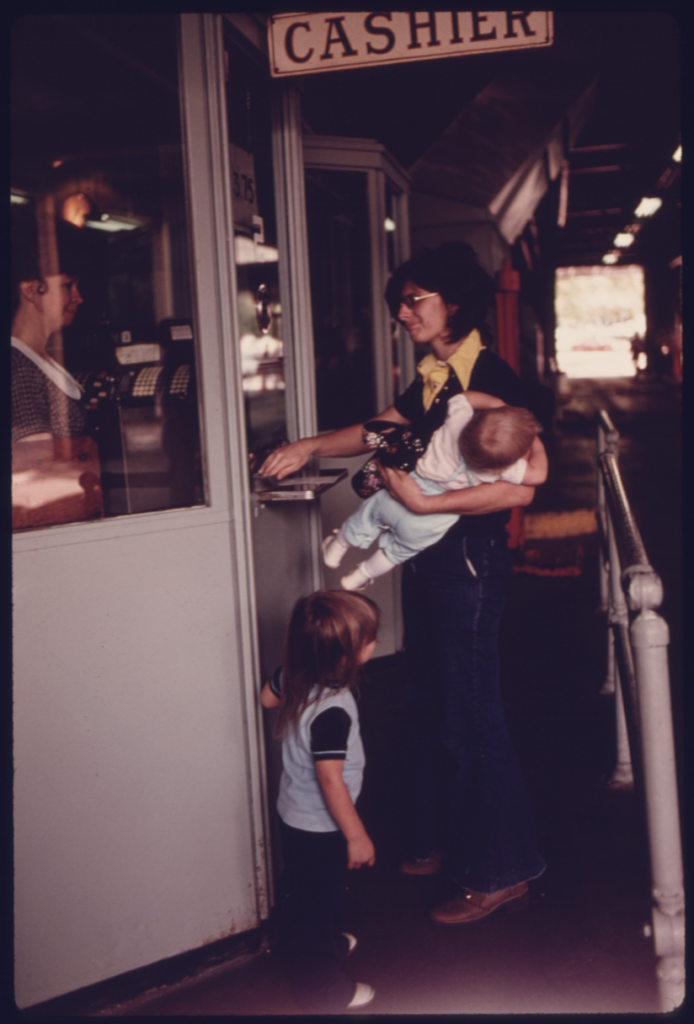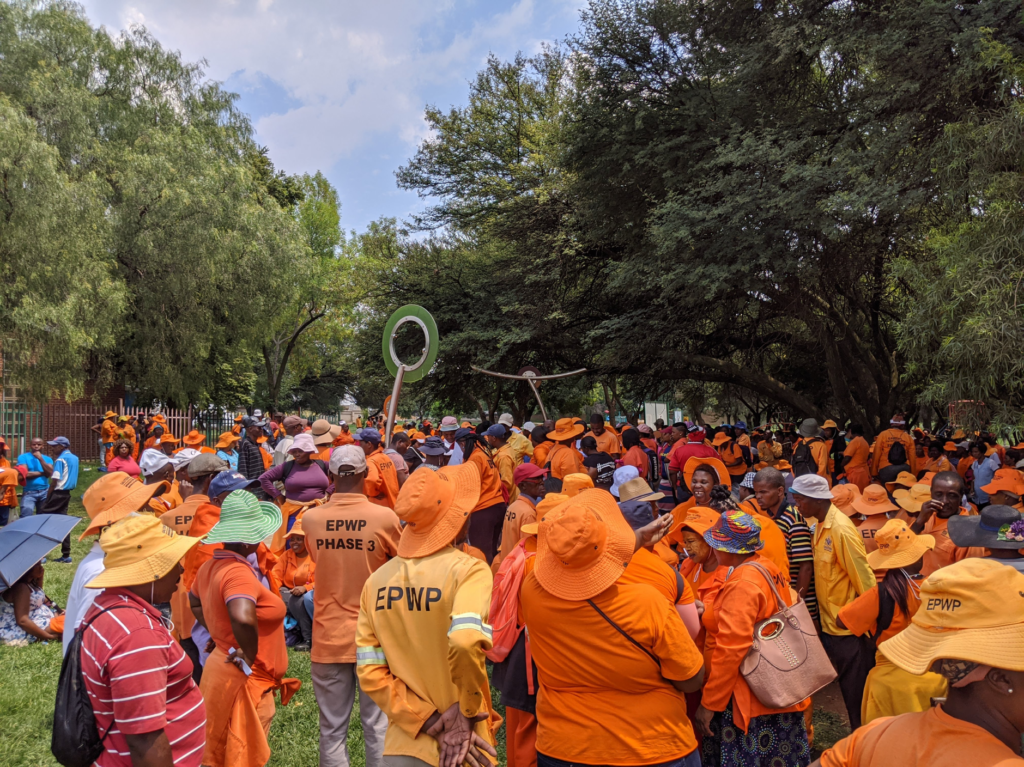
The forty unemployed professionals who made it to this meeting at Jump Start Job Club are prepared to chant. Arranged in folding chairs with Styrofoam cups in hand, their eyes are fixed on their lines, projected on a PowerPoint slide: “I’m not over-qualified, I’m absolutely qualified!”
The bubbly presenter orchestrates: “Let’s say it all together!”
The crowd looks like a twenty-year reunion of the characters in the movie Office Space: not its scheming anti-work hero, but the background cast, the characters who decided to stick with the company until the layoffs came around.
Continue Reading…








